Your eyes are among the most delicate and important organs in your body. They allow you to work, learn, and enjoy the world around you. But unlike other parts of the body, your eyes rarely hurt when something is wrong. This means that many people in Uganda ignore the early warning signs of eye problems, only seeking treatment when the condition has already advanced. By then, vision damage may be permanent.
At Diopta Eye Care Center in Wandegeya, Kampala, we encourage regular eye checkups and prompt attention to any symptoms that appear. Here are 7 warning signs you should never ignore.
1. Sudden Blurry or Hazy Vision
If your vision suddenly becomes blurry, hazy, or cloudy, it may be more than just tired eyes. Causes can include:
Cataracts (clouding of the eye’s lens)
Glaucoma (increased eye pressure damaging the optic nerve)
Refractive errors needing correction
Eye infections or inflammation
Why it matters: Vision changes that come on quickly may indicate a serious problem that requires immediate treatment.
2. Severe or Persistent Eye Pain
Mild eye discomfort may come from strain, but sharp or ongoing pain can be a red flag.
Glaucoma can cause severe pain and pressure.
Infections like keratitis can be painful and sight-threatening.
Eye injuries may cause pain even if no obvious damage is seen.
Why it matters: Eye pain is not normal; it’s a signal that something is wrong and needs medical attention.
3. Flashes of Light or Sudden Floaters
Seeing flashes of light, spots, or floaters in your vision may be harmless, but in some cases, they are symptoms of retinal detachment, which can cause permanent blindness if untreated.
Why it matters: Retinal detachment is a medical emergency. Early treatment can save your sight.
4. Red, Irritated Eyes That Don’t Improve
Red eyes are common after a long day, allergies, or lack of sleep. But persistent redness, irritation, or discharge may indicate:
- Allergies
- Conjunctivitis (infection)
- Dry eye syndrome
- More serious underlying diseases
Why it matters: Chronic redness can signal infection or damage that worsens if left untreated.
5. Loss of Peripheral (Side) Vision
Do you feel like your vision is narrowing, like looking through a tunnel? This could be a sign of glaucoma, often called the “silent thief of sight.” The disease damages your optic nerve slowly, and by the time you notice, significant vision may already be lost.
Why it matters: Once glaucoma damages vision, it cannot be reversed but early detection prevents blindness.
6. Frequent Headaches
Recurring headaches, especially after reading, driving, or using digital devices, may be linked to eye problems such as:
Uncorrected refractive errors (nearsightedness, farsightedness, astigmatism)
Eye strain from digital screens
Eye alignment issues
Why it matters: Eye-related headaches can often be relieved with glasses or treatment but ignoring them leads to worsening vision.
7. Difficulty Seeing at Night
If driving or walking at night is becoming difficult, it could be due to cataracts, vitamin A deficiency, or other eye conditions. Night vision problems are especially common in older adults.
Why it matters: Poor night vision increases the risk of accidents and signals underlying disease that may progress if untreated.



